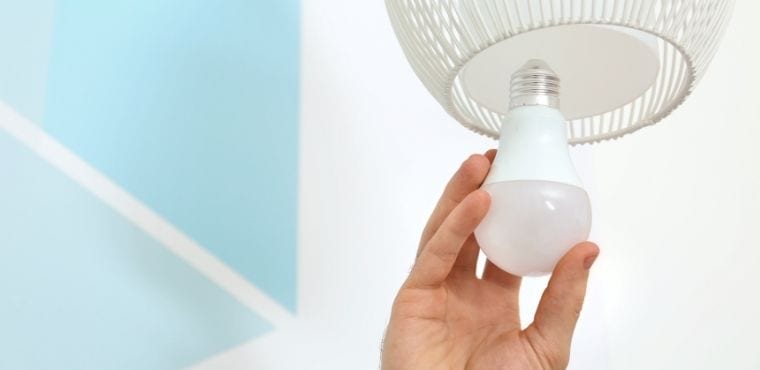Winter is the time of year when we tend to use the most energy. Whether it be to keep our homes warm or to maintain the light after the early sunset, everything we do seems to cost us a bit more. Fortunately, there are several ways to use less energy in your home and save money. These are some effective upgrades to make your home more energy efficient this winter season.
Insulate Your Attic
While we use our attic spaces for storage, insulating them can go a long way in reducing our overall energy consumption. As our homes heat up, the treated air will rise and be released through the cracks and crevasses in our roofs. When this happens, we’re forced to turn up the heat and use more energy just to stay comfortable. It’s crucial to properly insulate your attic if you want to make a difference in your energy usage.
Install a Set of Interior Shutters
Interior shutters are also a useful upgrade to make your home more energy efficient. Since our windows are another place from which heat commonly escapes in the winter, setting up new window treatments is a great way to keep more of that energy locked indoors. Interior shutters are particularly effective for this—they form a tight seal against the window frame when shut. In fact, this is only one of the many reasons to add interior shutters to your home.
Replace Your Drafty Windows
If you still notice drafts despite installing a set of window shutters, your current windows could be beyond help. After years of wear and tear from the elements, it’s only natural that your home’s windows would no longer be up to the task. Use this as an opportunity to get new ones. Modern models often come with better security and will typically maintain their seal much longer.
Switch Out Your Lightbulbs
You can upgrade on a smaller scale as well by simply switching out your lightbulbs. Believe it or not, our lighting systems can draw large amounts of energy depending on the light bulbs we use. Saving energy can be as easy as buying a different kind. LED bulbs are considered the most efficient bulbs on the market. Though they cost a little more to buy outright, they have the longest lifespan and the lowest overall energy draw.






